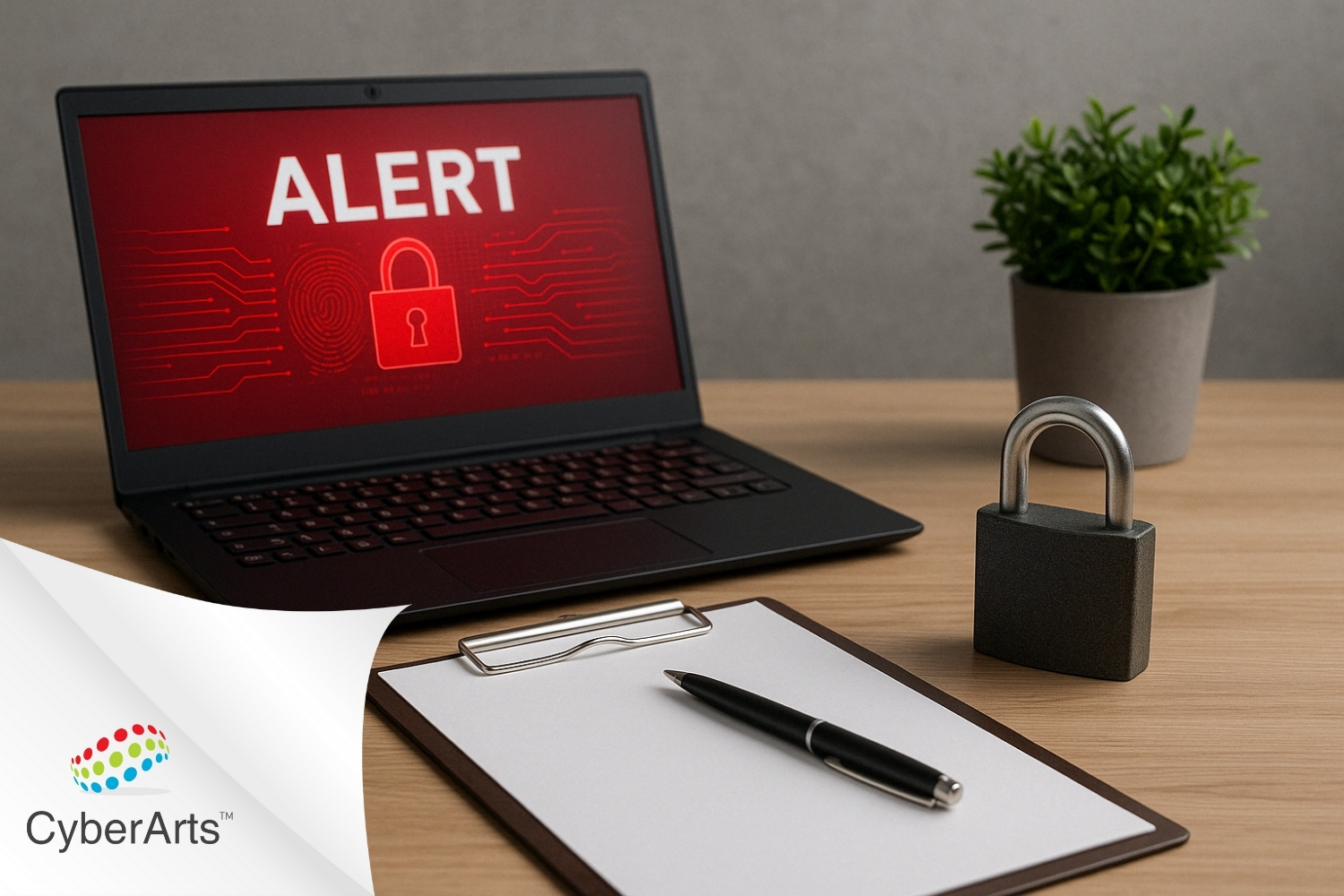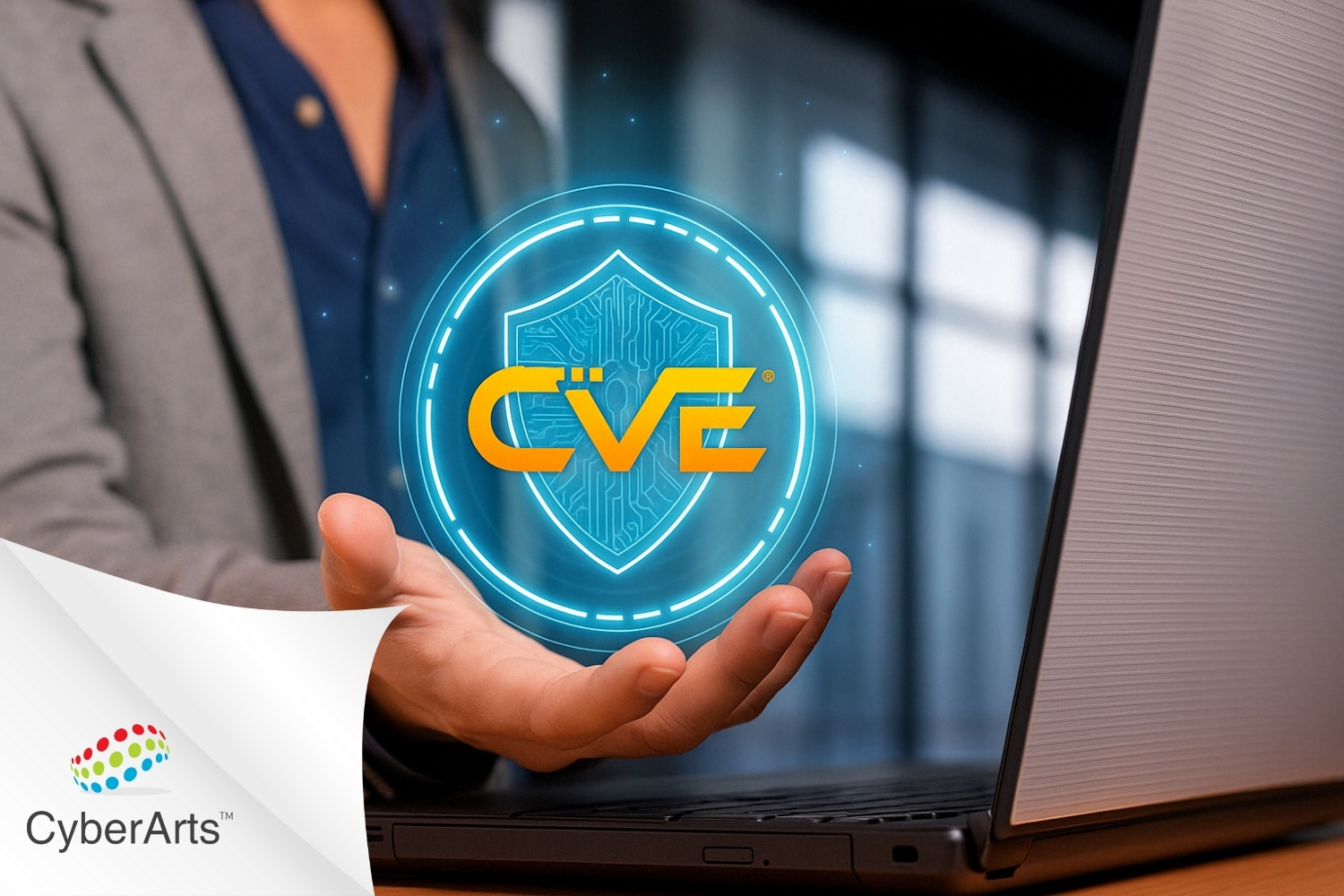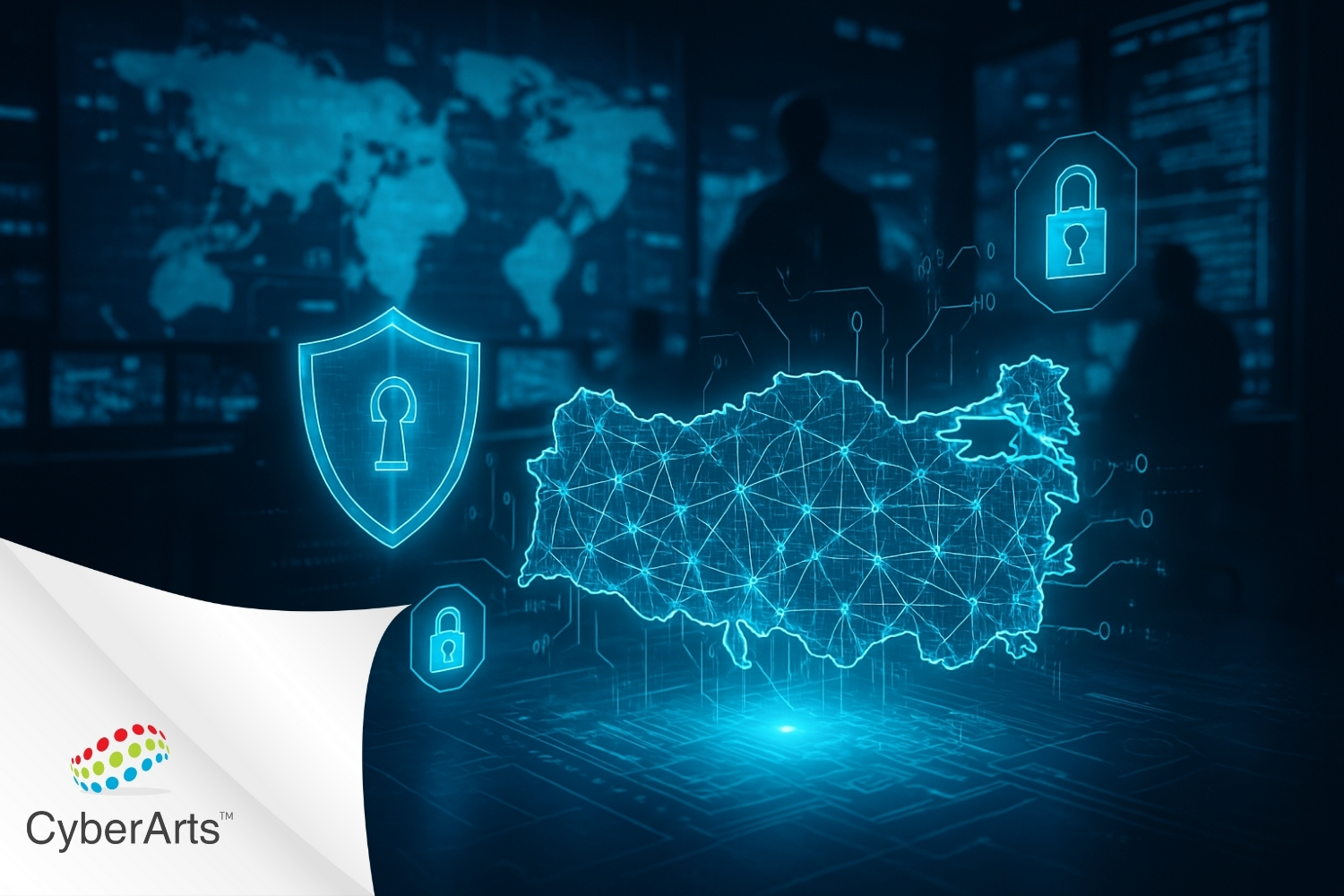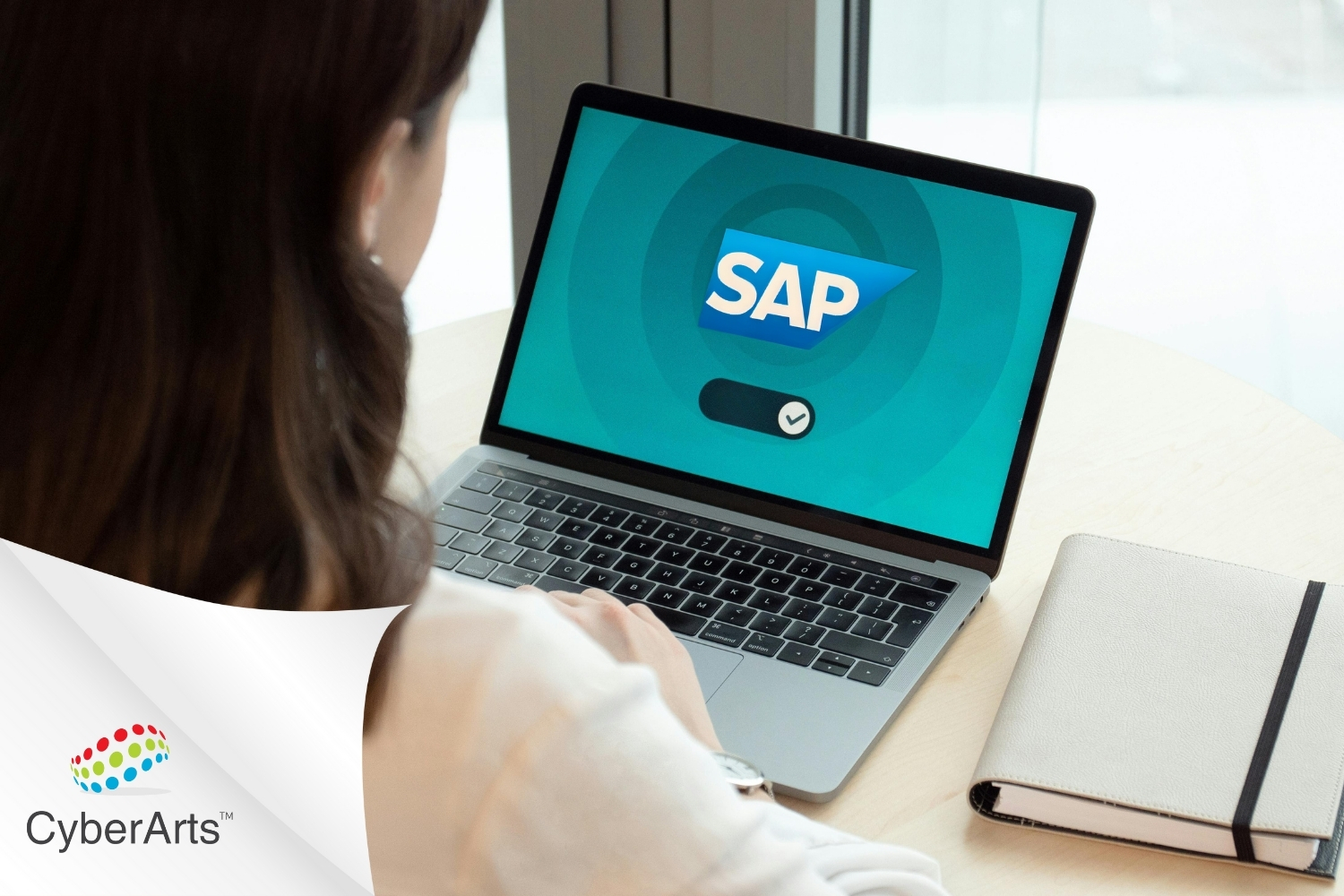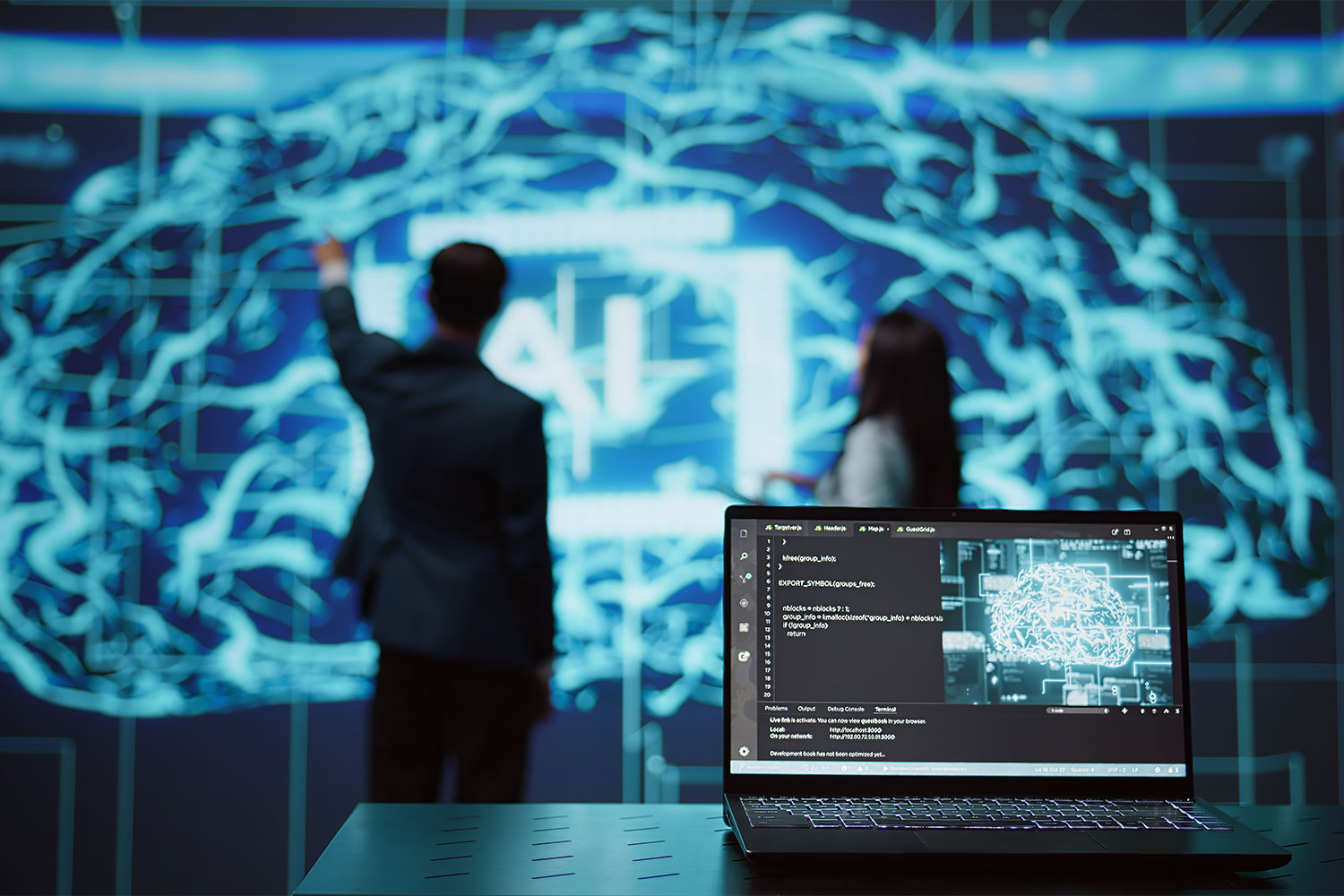VPN stands for Virtual Private Network and is a technology that allows you to connect securely over the Internet. VPNs protect your online privacy by encrypting your internet traffic and hiding your IP address, protecting you from those who want to monitor your online activities. A VPN works by creating a “tunnel” between your computer or other device and a VPN server. This tunnel directs your internet traffic to the VPN server and provides access to the internet through this server. This way, your internet service provider or other potential trackers cannot see your real IP address.
The working principle of a VPN usually includes these steps:
User Identity Verification: Login to the VPN provider with the username and password on the VPN client.
Establishing a Secure Connection: A secure connection is established between the VPN client and the VPN server. This connection is usually provided through secure protocols such as SSL/TLS or IPsec.
Encryption: Transmitted data is typically encrypted using AES, RSA or other secure encryption algorithms. This protects the confidentiality of data.
Tunneling: The VPN client creates a tunnel to access the internet and routes all internet traffic through this tunnel.
IP Address Masking: The VPN server hides the user's real IP address and uses the server IP address to indicate that the user is accessing the internet from a different IP address.
Internet Access: The user accesses the internet through the VPN tunnel. The VPN server receives the user's requests, carries out these requests, and sends the results back to the user in an encrypted form.
As a result, VPNs allow internet users to protect their online privacy, bypass geo-restrictions, and generally access the internet more securely.
VPNs offer a number of benefits in terms of privacy and security:
Encryption: VPNs protect users' data by encrypting internet traffic. This protects the privacy of users' online activities and prevents third parties from accessing this data.
Privacy: VPNs hide users' IP addresses and allow them to connect to the internet from a different IP address. This hides users' true geographic locations and makes it difficult to monitor or track their online activities.
Bypassing Internet Blocks: Some countries or organizations may block access to certain websites or services. VPNs can help users bypass these obstacles because users access the internet through VPN servers, and these servers can be in different geographical locations.
Secure Wi-Fi Connections: On public Wi-Fi networks (cafes, airports, hotels, etc.), there may be concerns about whether your data is secure. VPN protects your data by encrypting it in such networks and provides a secure connection.
Torrent and File Sharing: VPNs help users protect their privacy during activities such as file sharing and torrenting. Because VPNs hide users' IP addresses, making it difficult to monitor such activities.
Internet Monitoring and Blocking: Some internet providers or organizations may monitor users' online activities or block access to certain websites. A VPN can help you avoid such tracking and blocking.
However, despite the privacy and security benefits VPNs provide, it is important to remember that each VPN service has different features and security levels. Users should choose a reliable VPN service and carefully review the features and security policies offered by the service.
Potential risks and disadvantages of using a VPN may include:
Unreliable VPN Providers: Some low-quality or malicious VPN providers may track or store users' data. This may compromise users' security and compromise their privacy. Therefore, it is important to choose a reliable VPN provider.
Speed Loss: VPN use can often cause some decrease in internet speed. This can occur because there is an additional layer of communication between the VPN server and the user's device. This effect may be more noticeable, especially when connecting to a remote server or when the VPN network has a heavy load.
Legal and Illegal Uses: There are some legal and illegal uses of VPNs. For example, some users may use VPNs to bypass online censorship or watch copyright-protected content. This means that using a VPN can lead to legal problems in some countries.
Data Security Risks: Untrusted VPN providers or malicious third parties can monitor or intercept data passing through the VPN. This may result in users' sensitive information being compromised. Therefore, it is important to choose a reliable VPN service and use strong encryption.
Connection Interruptions: Connections between VPN servers may sometimes be interrupted or interrupted. This may restrict users' access to the internet or affect their online activities. Therefore, it is important to choose a reliable VPN service and provide access to multiple servers.
Privacy and Security Issues: Some free VPN services may track or sell user data. Additionally, some VPN services may not comply with what is stated in their privacy policies or may have inadequate security measures to store user data. Therefore, it is important for users to choose a reliable VPN provider and carefully review their privacy policies.
Although there are many advantages to using a VPN, it is important to consider these potential risks and disadvantages. Users should take precautions to minimize these risks when choosing and using the VPN service that best suits their needs.
Disclaimer
Dear visitor,
This blog post is for information purposes and has been prepared with the aim of raising awareness against attacks and taking measures in this direction. We remind you that it is not legal to use the information in this article outside of its purpose, we recommend you to apply it in your test environments beforehand. Otherwise, we declare that CyberArts is not responsible for any errors, deficiencies or malfunctions that may arise in your systems due to this situation and cannot be held responsible for direct or indirect damages and losses that may arise from them.
Regards,
CyberArts Informatics Incorporated Company
[vc_row][vc_column][vc_cta h2=”” add_button=”bottom” btn_title=”Teklif Talep Edin” btn_style=”flat” btn_shape=”square” btn_color=”danger” css_animation=”fadeInLeft” btn_link=”url:https%3A%2F%2Fcyberartspro.com%2Fteklif-isteme-formu%2F||target:%20_blank|”]Siber Güvenlik, Dijital Dönüşüm, MSSP, Sızma Testi, KVKK, GDPR, ISO 27001, ISO 27701 ve DDO Bilgi ve İletişim Güvenliği Rehberi başlıklarıyla ilgili teklif almak için lütfen tıklayın.[/vc_cta][/vc_column][/vc_row]


